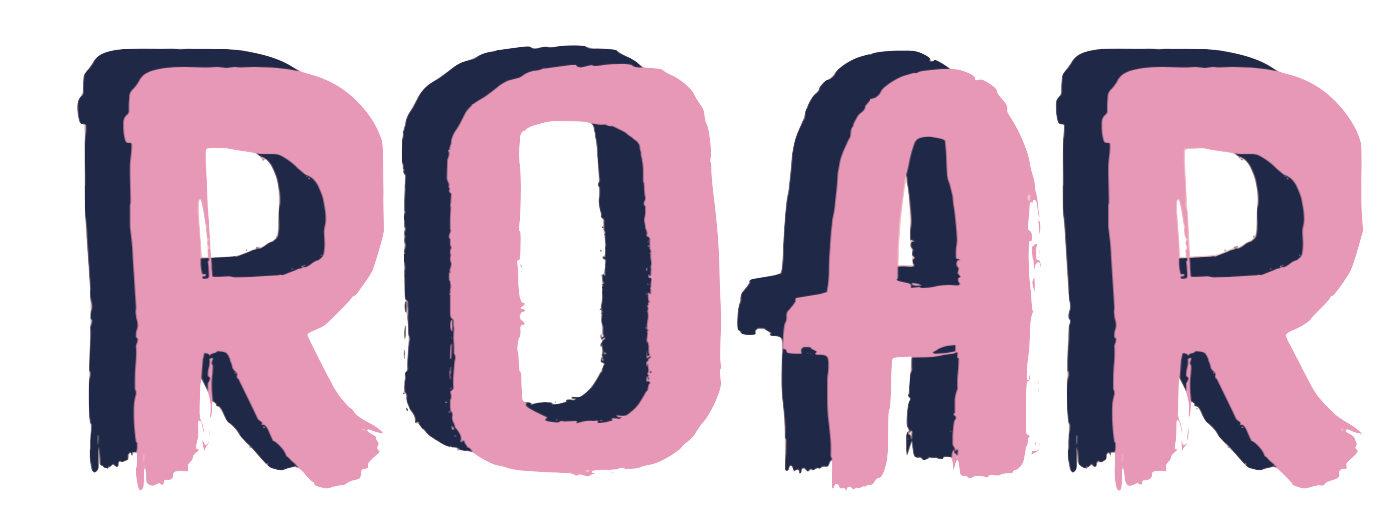Not a whimper, but a ROAR. Our mission statement.
ROAR is a group working to identify, interrogate and combat inequality in Scottish writing and publishing. We’re here to Represent the underrepresented, Object to unfair treatment, Advocate for a fairer literary sector and Rewrite the script. Our mission is to end discrimination based on gender, class, sexuality, language, nationality, disability, race, age, religion, or caring responsibilities and their intersections.
The conversation that sparked a ROAR.
Women make up the majority of workers in the Scottish arts sector, including in the literary sector ([source] (https://www.creativescotland.com/what-we-do/latest-news/archive/2017/08/understanding-diversity-in-the-arts-survey-findings-published)). However, our initial research shows men dominate the numbers in books published, books reviewed, and speakers at book festivals. And the inequality becomes more pronounced as the prestige of an opportunity rises – the bigger the venues, solo appearances, long reviews - the more likely it is that this opportunity will go to a man. This is not a case of individual men being chosen over individual women – this is structural inequality.
But how did we come to investigate inequality in this sector, and where did ROAR come from?
ROAR started as a conversation about the lack of representation and equality in Scottish writing and publishing. During an International Women’s Day event in 2016, the literary agent Judy Moir raised the issue of the recognition for women in the contemporary Scottish sector, sparking a conversation that grew into a powerful collection of voices. Frustrated with stasis and ready for action within the sector, our working group took matters into our own hands and started the process of examining inequalities throughout the scene. ROAR is interrogating the status quo, starting with a statistical investigation of the current situation. We aim to publish an account of gender in Scottish literary culture every year to enable an understanding of the change we want to make.
Particular thanks to the following organisations for facilitating our collective ROAR: Scottish PEN, IASH (Institute for Advanced Studies in the Humanities) at University of Edinburgh, Scottish Graduate School for Arts and Humanities (SGSAH), Arts and Humanities Research Council (AHRC), University of Stirling, University of Glasgow, Edinburgh International Book Festival, Book Week Scotland, Glasgow Women’s Library, Scottish Book Trust
